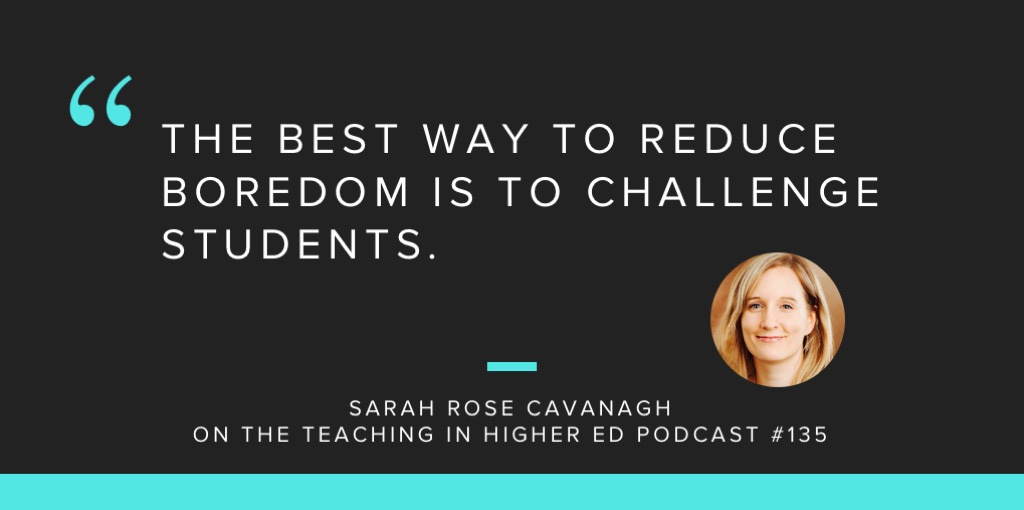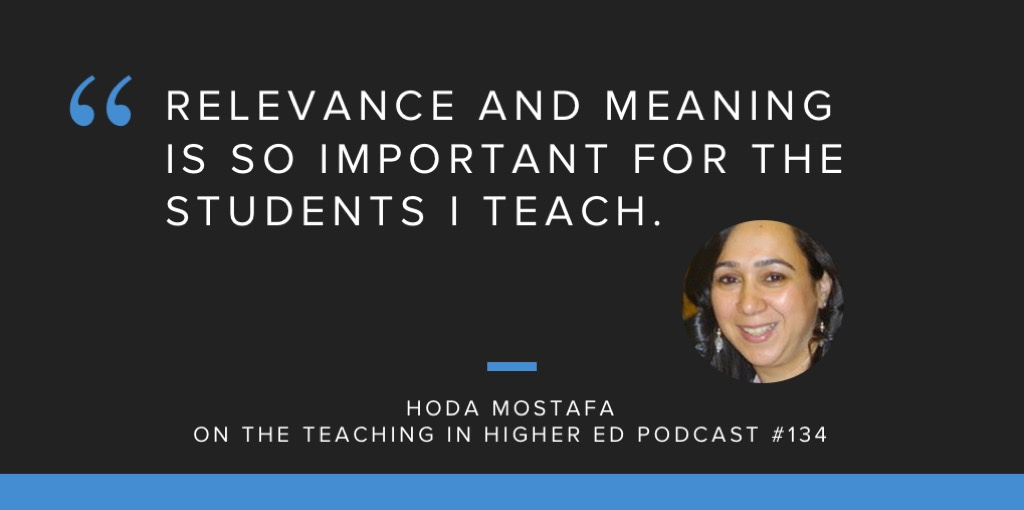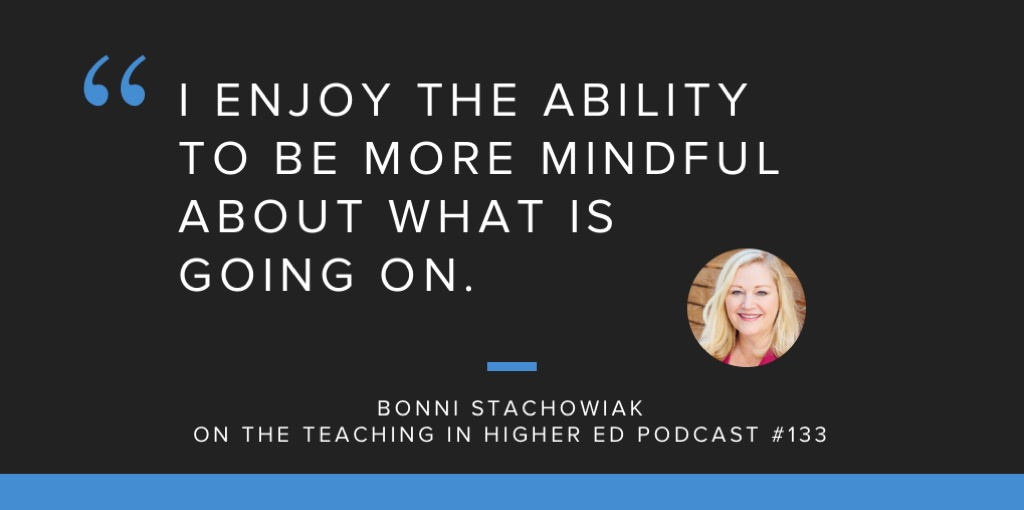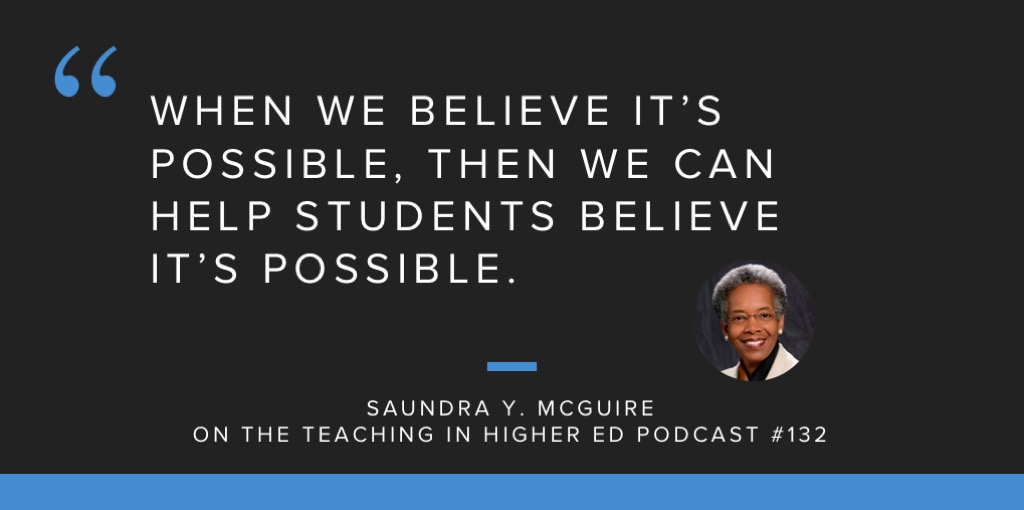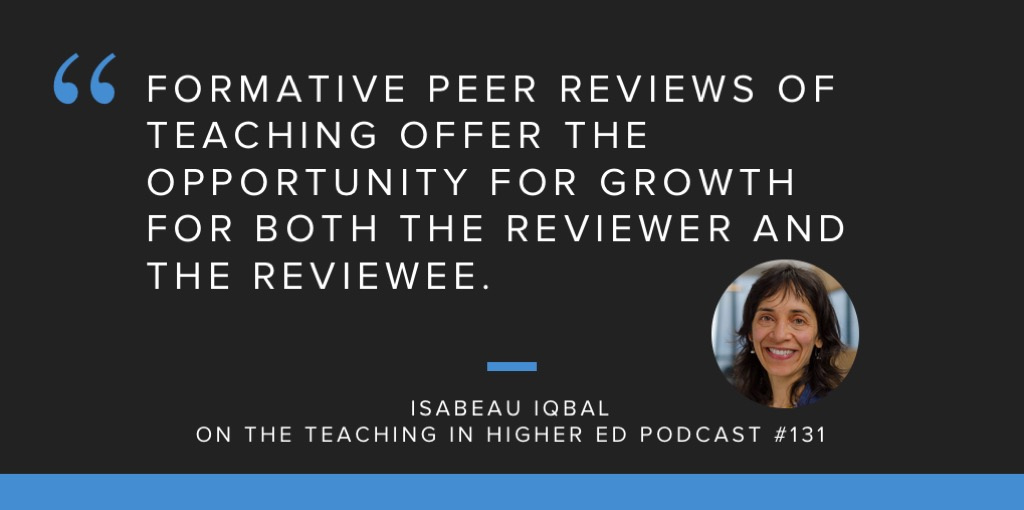Sarah Rose Cavanagh shares about The Spark of Learning: Energizing the College Classroom with the Science of Emotion* on episode #135 of the Teaching in Higher Ed podcast.
Resources Mentioned
- Caring isn’t Coddling by Sarah Rose Cavanagh
- VALUE rubrics from the Association of American Colleges and Universities
- Planet Money Episode 216: How Four Drinking Buddies Saved Brazil
- Minds on Fire: How Role-Immersion Games Transform College* by Mark C. Carnes
- Episode 21: Minds on Fire with Marc Carnes
- Small Teaching: Everyday Lessons from the Science of Learning* by James Lang
